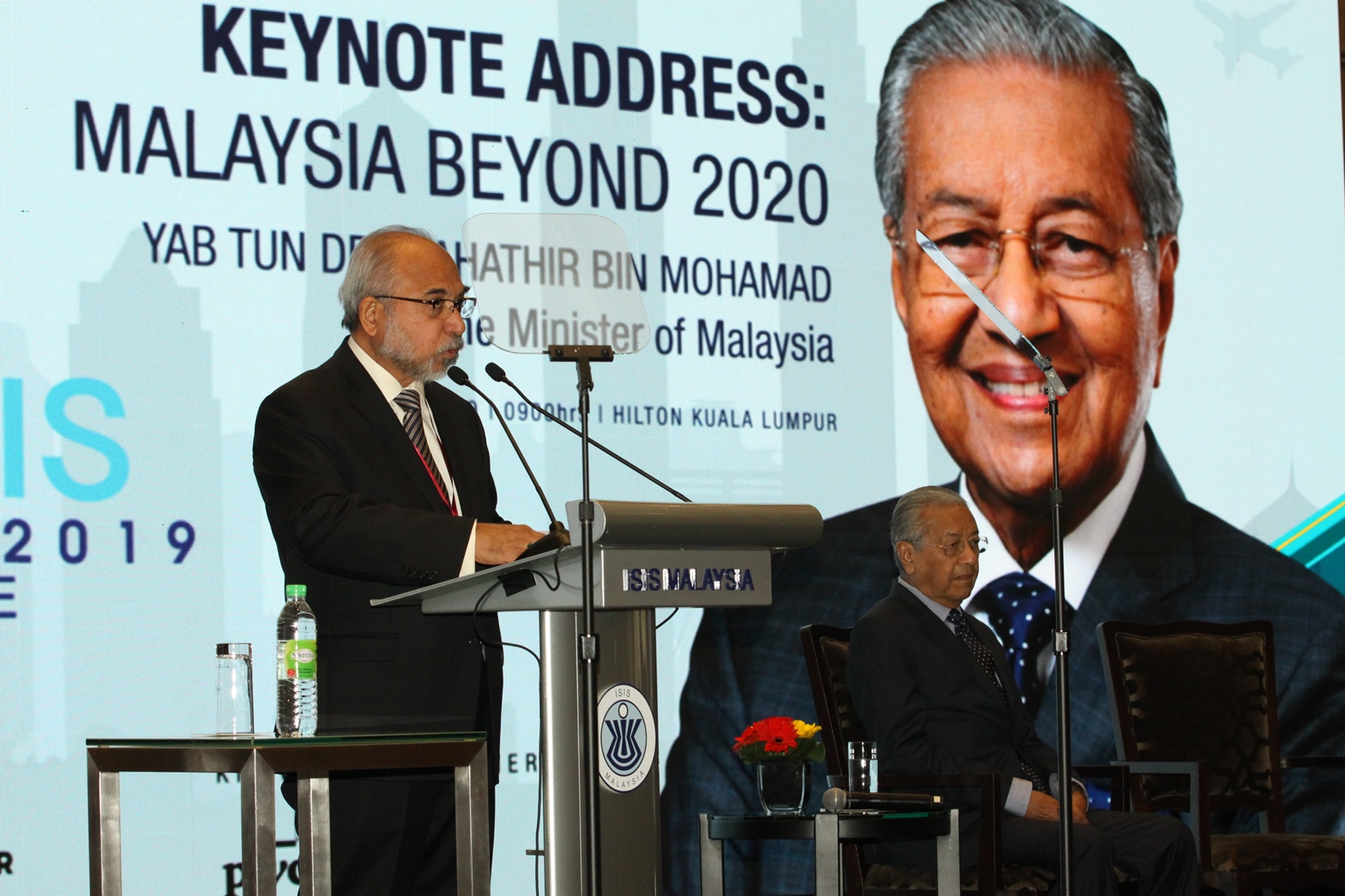
The Institute of Strategic and International Studies (ISIS) Malaysia will be organising the ISIS PRAXIS Conference 2019 with the theme “Malaysia Beyond 2020” on 21–22 October 2019. The conference is design purposed to create a conducive environment for robust and constructive discussions meant to equip participants with novel, information-rich analyses in order to assist government and businesses alike to meet the opportunities and face the challenges that lie ahead.
The ISIS PRAXIS Conference 2019 will see a high-level panel contemplating the future trajectory of Malaysia, and expert panels on regional competition and trade, global macro and geopolitical risks, technological advancements and human capital, strategies for government revenue and economic development, socio-political considerations in creating a cohesive Malaysian society, ensuring sustainable development, and the provision of comprehensive social assistance in an ageing Malaysia.
Monday, 21 October 2019
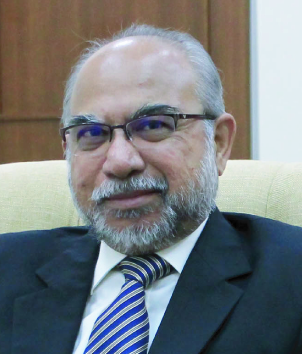
Chairman and Chief Executive Institute of Strategic and International Studies (ISIS) Malaysia
YBhg Tan Sri Rastam Mohd Isa
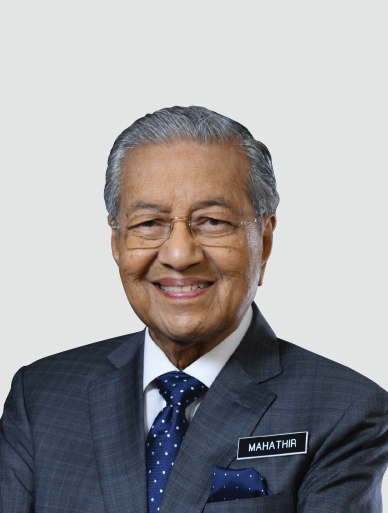
Prime Minister of Malaysia
YAB Tun Dr Mahathir bin Mohamad
Prime Minister Tun Dr Mahathir Mohamad announced Vision 2020: The Way Forward in 1991. In his speech, Prime Minister Dr Mahathir envisioned the future of Malaysia as a nation, conceptualising a long-term plan for the development of Malaysia’s economy, politics and society. As we are fast approaching year 2020, this session aims to shed light on what we have achieved as a nation nearly three decades later, and what lies ahead for Malaysia beyond 2020. What are the challenges that remain and what is the plan for the future? How will Vision 2020 square with both the Shared Prosperity 2030 model and the incoming 12th Malaysia Plan? Amid challenging economic conditions at home and abroad, how can the government, businesses and the rakyat contribute towards advancing the development of New Malaysia?
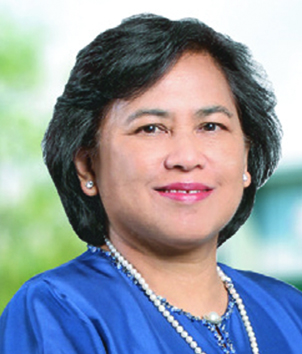
Board Member Institute of Strategic and International Studies (ISIS) Malaysia
Dato’ Rohana Tan Sri Mahmood

Deputy Minister Ministry of International Trade and Industry (MITI) Malaysia
YB Dr Ong Kian Ming
As economic expansion cycles around the world turn decades-old, economic activity in Asia and abroad are beginning to show signs of cooling. While economic booms tend not to die from old age, a multitude of emerging hazards threaten to derail the engines of world economic growth. Macroeconomic risks continue to mount, including slower growth in most major economies and high levels of foreign-currency debt in multiple emerging market economies, even as crisis response measures remain limited around the globe. At the same time, global geopolitical and macro events continue to generate uncertainty, from the 2020 US Presidential elections and global trade conflicts, tensions in Europe and the Middle East. Moving forward, what is the outlook for the regional and global economies? How will major geopolitical events develop in the years ahead, and how should governments, businesses, analysts, and policymakers navigate these turbulent waters?
As the ASEAN economies continue to grow rapidly, and as regional free trade agreements continue to proliferate, major emerging exporting economies like Vietnam and Thailand are increasingly the focus of trade and investment in the region. This session aims to examine the role of free trade agreements in facilitating export competitiveness and attractiveness in terms of foreign investment. How can Malaysia continue to build upon its comparative advantages and move up the export value chain? Going forward, how can exporting economies in ASEAN continue to increase trade openness?
Vision 2020’s Strategic Challenge 9 conceived a technologically proficient, innovative, skilled and productive Malaysian economy by 2020. Three decades later, many legacy issues remain, including low high-skilled job creation rates, underskilled graduates, as well as a fragmented education system and labour market policies. At the same time, new challenges are fast emerging such as automation and artificial intelligence, creating enormous pressure for the nation to quickly embrace and adapt to technological advancement. This session provides an evidence-based, policy-focused view on realistic solutions to enhance the skills of the Malaysian workforce, encourage technology upgrading in firms and indigenous innovation in Malaysian businesses. What are some successful policies adopted around the region and the world? How can the government, businesses and workers overcome both the challenges of the past and meet the changing demands of the future?
Economic aspirations need to take into account the constraints of fiscal space and government revenue. A stable and sustainable government revenue stream encourages good governance and accountability in addition to promoting long-term economic growth and strengthening the administration of public services. However in Malaysia, structural obstacles — including a perceived need to keep corporate tax rates low, implementation failures of value-added taxation, and a narrow tax base — remain larger than ever. Meanwhile, new issues including demographic shifts, technological change and challenging fiscal conditions are rapidly emerging. How can the government broaden the revenue base while reducing the tax burden on the middle class? What are the political economy considerations of the future of Malaysian taxation? This session aims to highlight the fiscal constraints and potential solutions to financing the future Vision for the nation’s economic development.
Tuesday, 22 October 2019
Similarly, Prime Minister Tun Mahathir Mohamad in his Vision 2020 speech in 1991 introduced the idea of a united Malaysian society with a sense of common destiny, living in harmony made up of one ‘Bangsa Malaysia’. Then, it was envisioned that Malaysia would have a mature, liberal and tolerant society living in full and fair partnership by 2020. Yet three decades later, many of the societal development goals envisioned for the future of Malaysian society have yet to be achieved. Identity and race politics still continue to shape the fabric of Malaysian society, while emerging socio-political developments create new risks and political uncertainty. This session aims to explore the existing institutional, political and economic structures undermining social unity in Malaysia. What social structures and institutions would we need to put in place? Looking ahead, what are the key emerging socio-political developments and its implications on Malaysia and its people in the future?
In Vision 2020, while environment was not one of the nine challenges, it was cautioned and preordained that development must ensure that our land remains fertile, our atmosphere clean, our waters unpolluted and our forests capable of regeneration. Fast forward to the present, the consequences of rapid development are increasingly being felt. As a resource rich nation, while resources are in abundance, the ability of ecosystems to provide the essential services such as to provide food security and act as a natural defense to floods are being compromised. Looking to 2020 and beyond, there is a need to address this new scarcity, one that is defined not only by the availability of resources, but also the ability of the natural environment to continue to provide the services that support our livelihoods and economy. This session explores how Malaysia can confront this challenge. Specifically, it asks how can the importance of the environment be elevated as a key policy priority beyond 2020? What are the key elements and instruments needed to transition towards sustainable development?
As Malaysia surpasses the high-income nation threshold in the coming years, it becomes increasingly crucial that economic growth be inclusive and lead to tangible improvements in the welfare of all segments of society. Yet, hurdles remain: fragmented social assistance programs, a lack of inter-agency coordination and perceived tight fiscal conditions remain obstacles–while population ageing and lacklustre female labour participation rates present fresh challenges to equitable growth. To this end, the creation of an integrated and comprehensive social protection and redistribution system is key in increasing equity and alleviating poverty, while ensuring every Malaysian has adequate opportunities to participate in meaningful economic activity. This session aims to highlight current progress and identify obstacles towards the creation of a comprehensive social protection system. How can current programs be improved, and where do we go from here? What are the challenges in program implementation, and what are the international best practices in designing effective social protection systems?
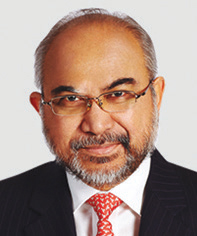
Chairman and Chief Executive Institute of Strategic and International Studies (ISIS) Malaysia
YBhg Tan Sri Rastam Mohd Isa
ROLE PLAYER
Instigator
Panellists:
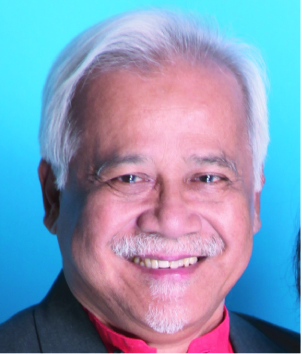
YBhg Tan Sri Kamal Salih
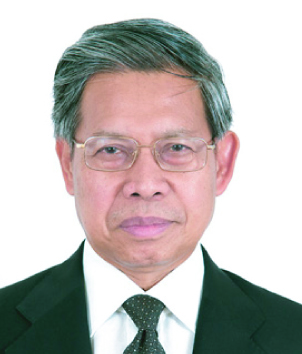
Chairperson, Special Select Committee on the Budget, Malaysia
YB Dato’ Sri Mustapa Mohamed
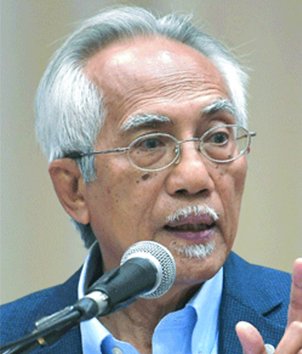
Datuk A Kadir Jasin
Instigator
Panellists

Assistant Vice President and Editor, Astro Awani, Malaysia
Ms Melisa Idris

Dr Richard Record
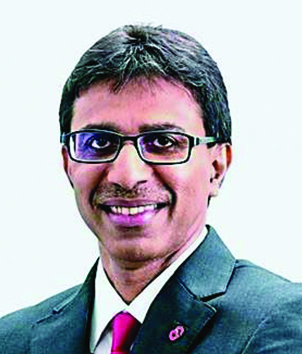
Dr Anthony Dass
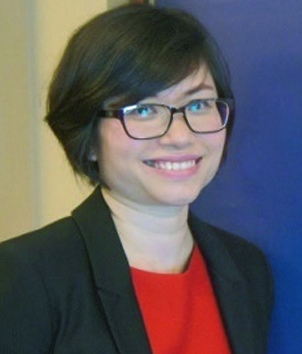
Ms Julia Goh
Instigator
Panellists
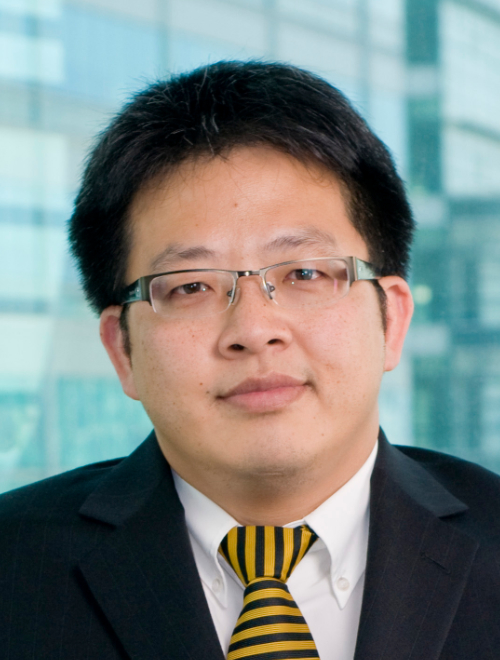
Deals Partner, Economics and Policy, PricewaterhouseCoopers (PwC), Malaysia
Patrick Tay

Dato’ Sri Norazman Ayob
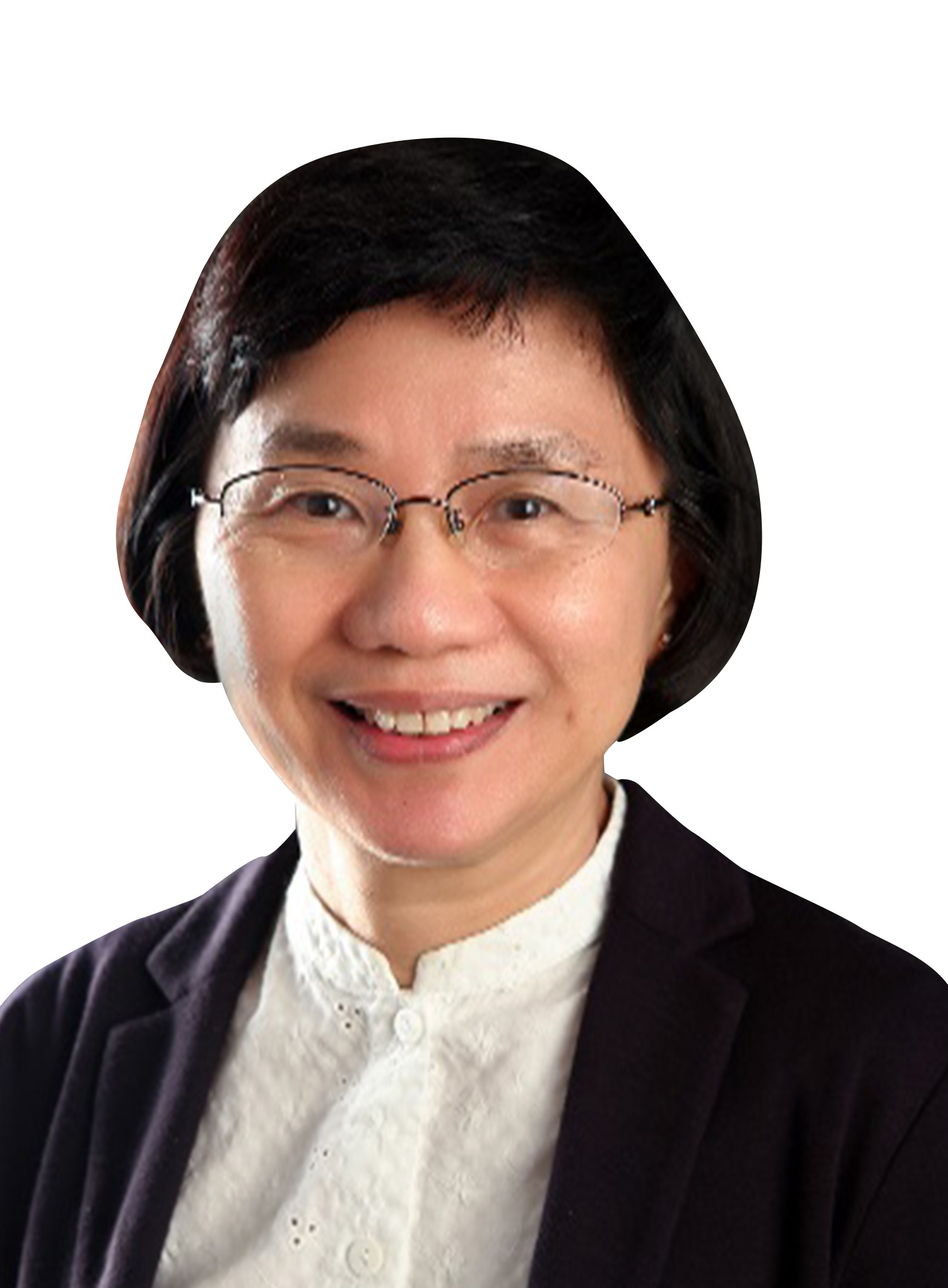
Senior Fellow, ISEAS-Yusof Ishak Institute, Singapore
Prof Dr Tham Siew Yean

Mr Ryohei Gamada
Instigator
Panellists

Project Director, Mega Science 3.0, Malaysia
Prof Datuk Dr Mazlan Othman
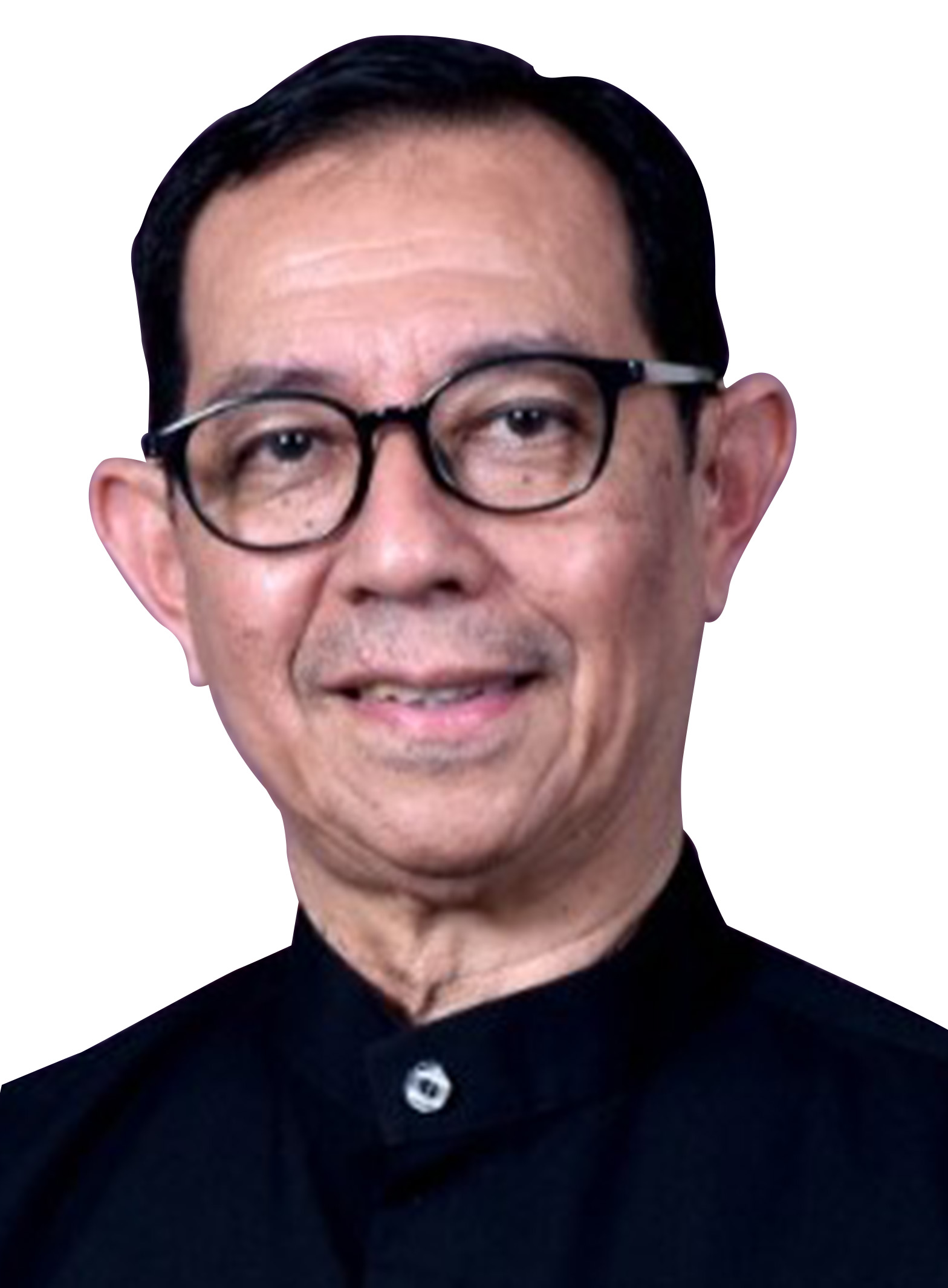
Rector, International Islamic University Malaysia (IIUM), Malaysia
Prof Tan Sri Dzulkifli Abdul Razak
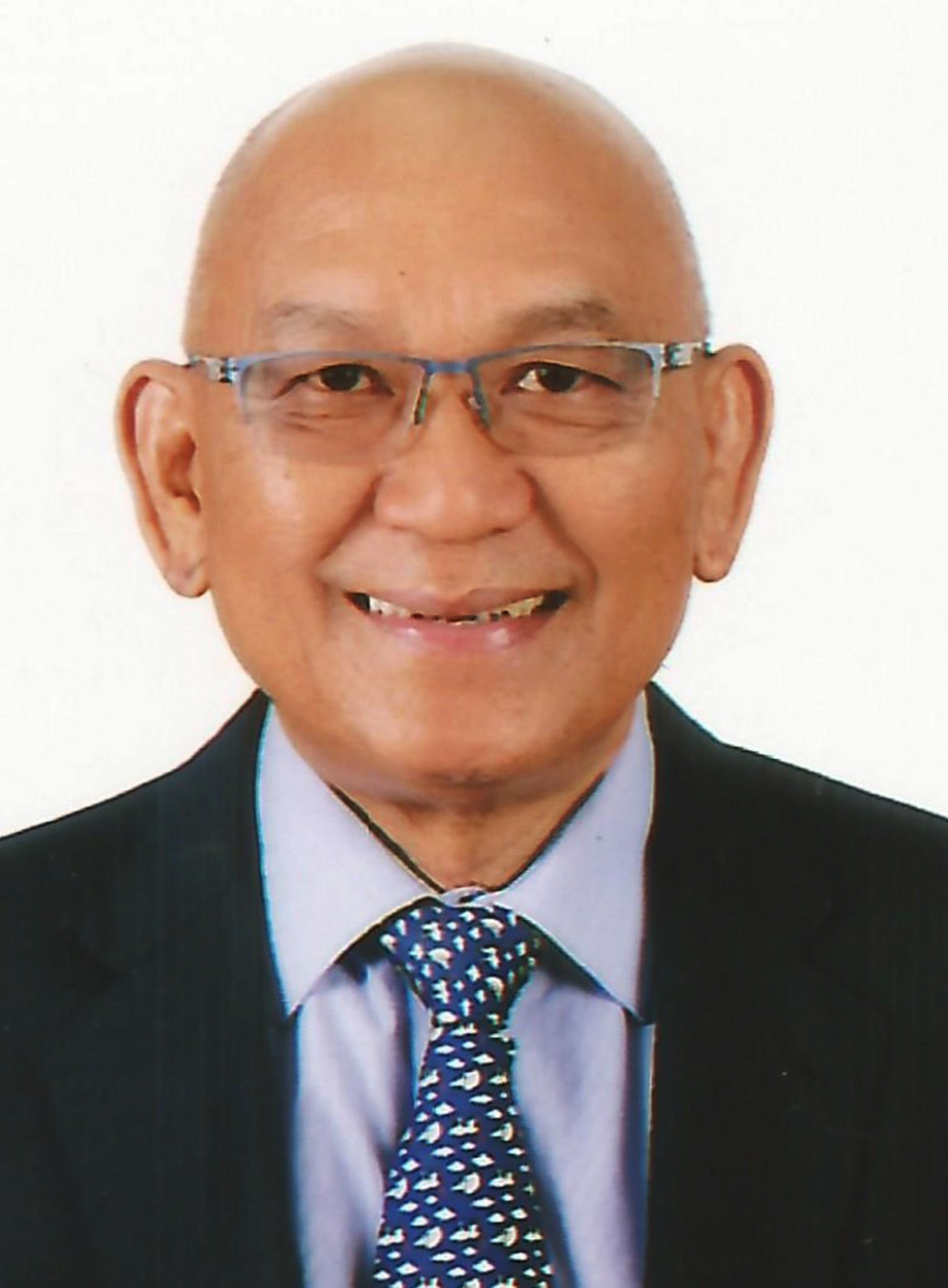
Member of the National Education Advisory Council, Former CEO of the Penang Skills Development Centre (PSDC), Malaysia
Dato’ Boonler Somchit
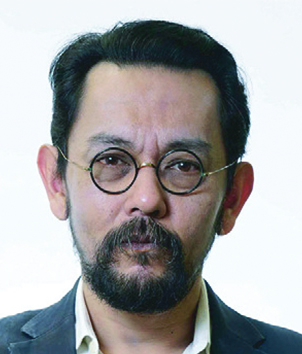
Dr Farish A Noor
Instigator
Speakers
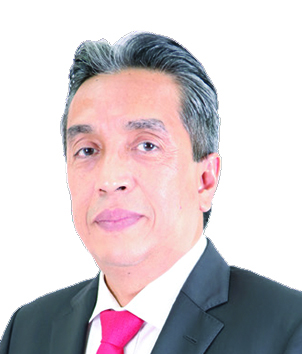
Dato' Haji Abd Aziz Abu Bakar
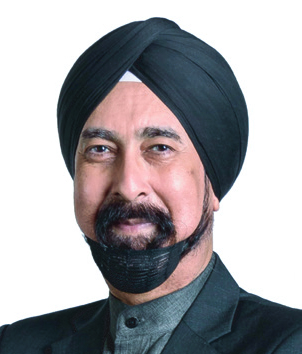
Member Tax Reform Committee, Malaysia
Dr Verinderjeet Singh
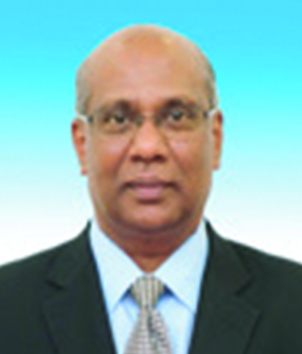
Dato’ Sri Subromaniam Tholasy

Ms Esther Lai
Instigator
Speakers

Mr Sharaad Kuttan
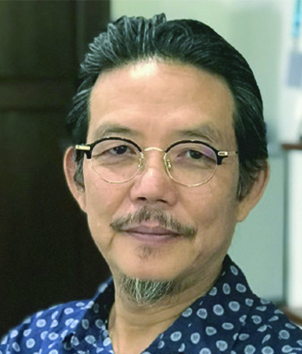
Dato’ Dr Ooi Kee Beng
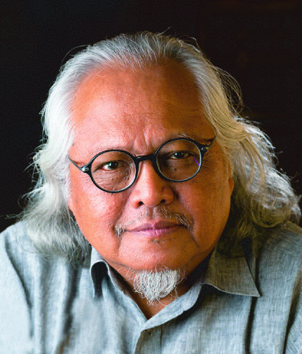
Distinguished Prof Datuk Dr Shamsul Amri Baharuddin

Dr Serina Abdul Rahman
Instigator
Speakers
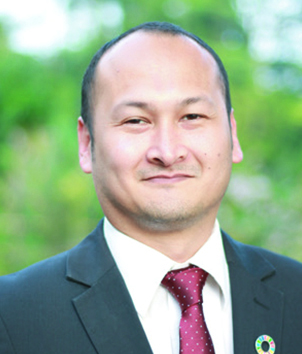
Mr Alizan Mahadi
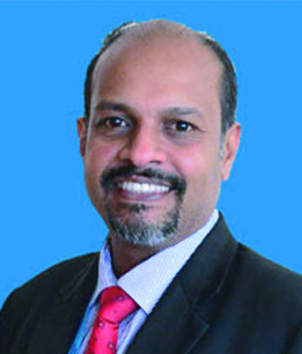
Dr Nagulendran Kangayatkarasu
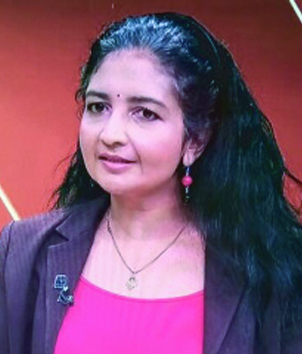
Ms Lavanya Rama Iyer
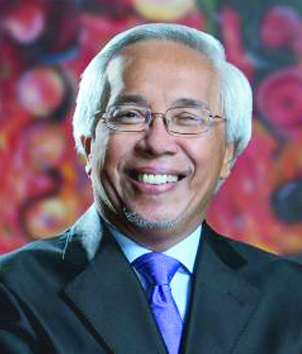
Prof Emeritus Tan Sri Zakri Abdul Hamid
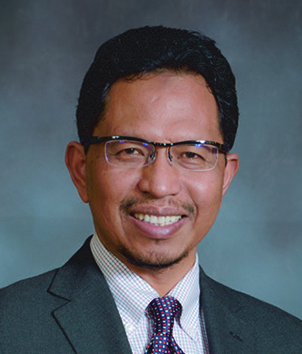
Dato’ Seri Ir Dr Zaini Ujang
Instigator
Speakers
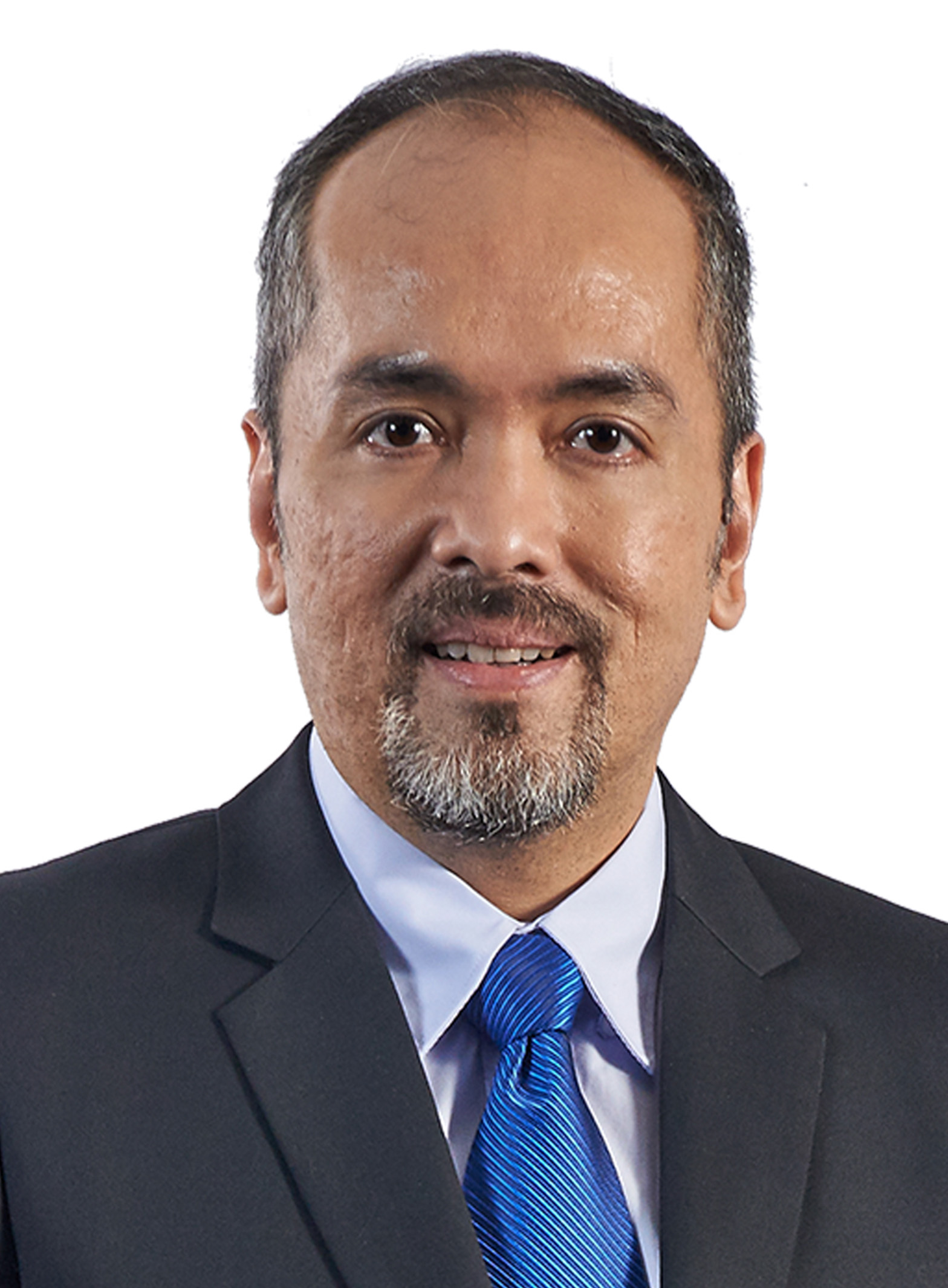
Tunku Alizakri Alias
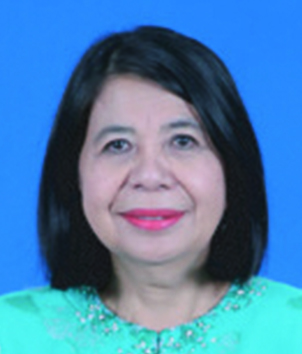
Emeritus Prof Datuk Dr Norma Mansor
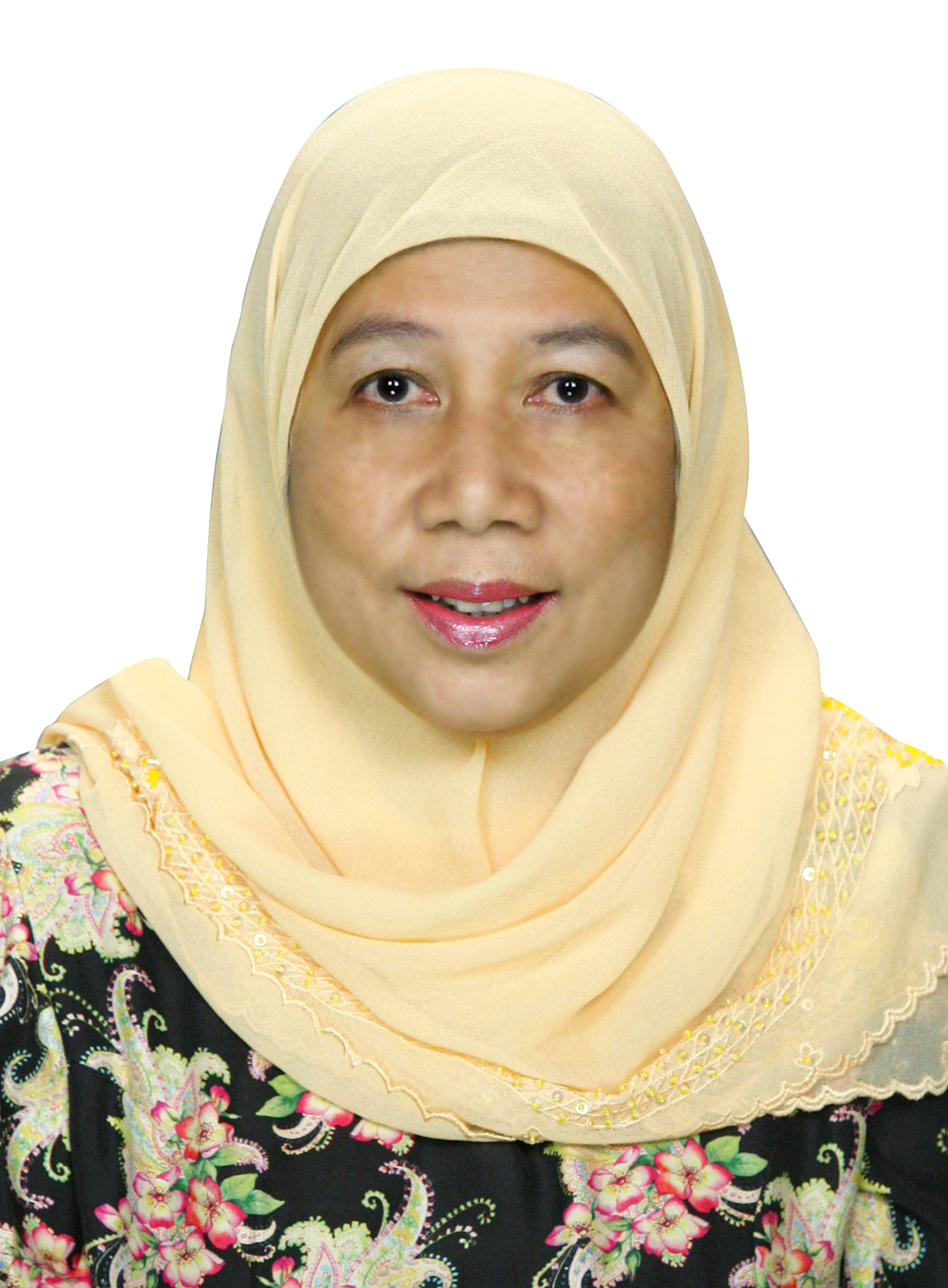
Prof Datuk Dr Tengku Aizan Hamid

Dr Achim Schmillen
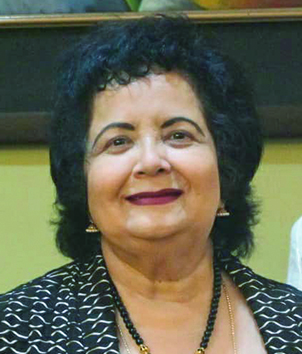
Prof Dr Sulochana Nair
Moderator
Speaker
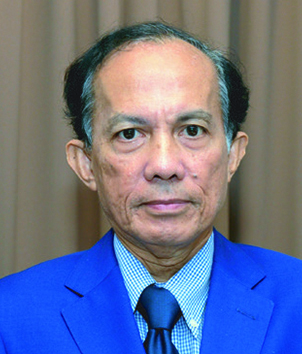
Datuk Seri Azman Ujang
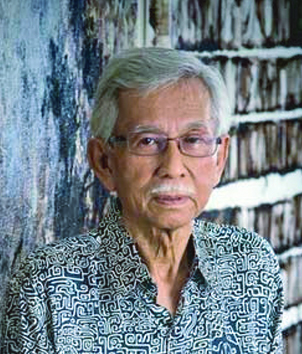
Tun Daim Zainuddin
SPONSORS

KNOWLEDGE PARTNER

SUPPORTERS

ORGANISER





